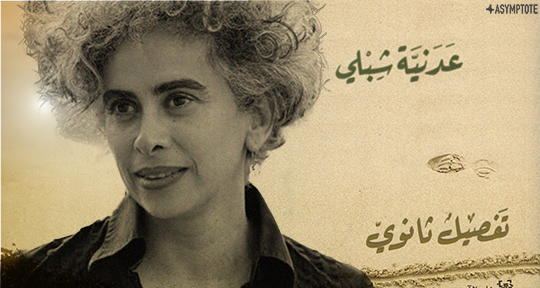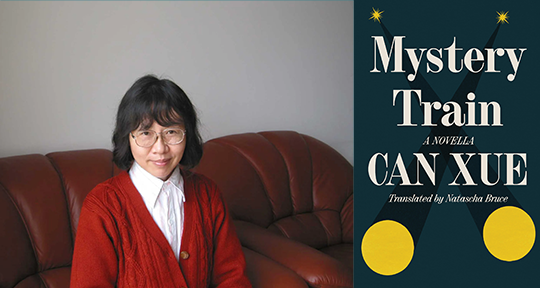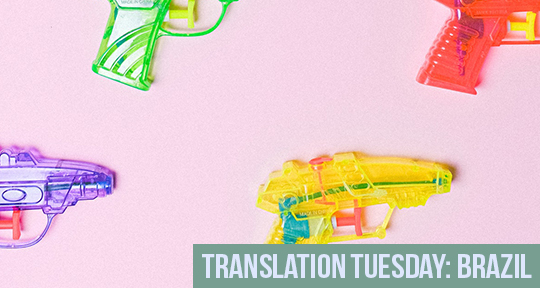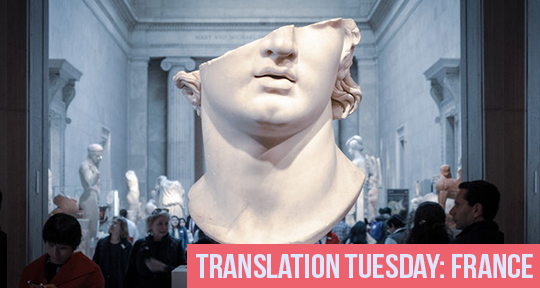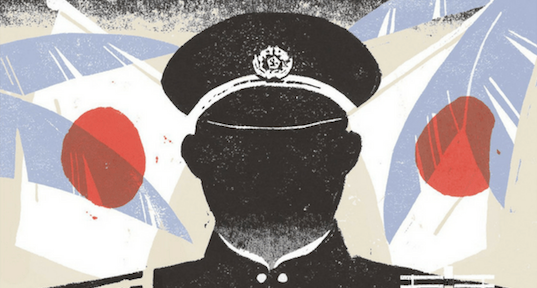The past few times that I’ve found myself procrastinating, distracted, and generally blocked creatively, I’ve thought about Susannah Rodríguez Drissi. As of this writing, Cuban-born Rodríguez Drissi has penned a novel, a poetry collection, short fiction, creative nonfiction, literary translations, scholarly articles, book reviews, multiple plays, and a jukebox musical. (By the time I finish writing this introduction, that list is likely to have grown.) Looking at my own untouched to-do list, I think of her prolificacy, of the sheer volume and breadth of her work. Rodríguez Drissi’s curiosity is one that can’t be constrained by genre. She’s multidisciplinary, to put it mildly—an artist and an academic, working across forms with a fluidity that is rare.
As of late, like most people, my attention span has shriveled, and my energy reserves feel regularly depleted. With much of the city shuttered, my evenings and weekends are mostly vacant. In these moments, disappointed with my own inertia and daunted by the unstructured time before me, I wonder what Rodríguez Drissi might do. Currently, she’s promoting her debut novel, planning the unconventional productions of two original works of theater, and translating a Cuban story collection. In the midst of chaos, she creates. If she felt as I do now, would she snap herself out of inaction through the sheer desire to make something? Would she look at an empty weekend like mine and see its generative possibility?
I had the recent pleasure of speaking with Rodríguez Drissi about her work and upcoming projects. Naturally our conversation spanned celestial bodies, bricolage, and some of our favorite Spanish-language writers. I regret to report that I am still unable to explain how she and I have the same number of hours in a day.
—Sophia Stewart, Assistant Interviews Editor
Sophia Stewart (SS): You are a true multi-hyphenate: a writer, poet, playwright, translator, and scholar. How do you balance your creative endeavors and your scholarly work? Do they ever intermingle, or do you try to keep them siloed from each other?
Susannah Rodríguez Drissi (SRD): It used to be nearly impossible to practice one while pursuing the other, particularly during graduate school. I had a lot of things working against me, things that might have been understood as incompatible with an academic career: I was a married woman with children. Had I been a married man with children, then things would have been understood differently. You see, I didn’t have a wife’s assistance at home to shield me from domesticity and scattered toys. So, for a time, at least, I was overwhelmed with nursing babies and research.
In academia, intellectual and artistic pursuit tends to tilt more toward one side than the other. But working across genres provides me with a broader understanding of the reasons why we write. For me, genres are always intermingled. The same basic questions that guide my research are the same questions that I attempt to answer from one project to the next. They are just different ways of getting at a problem. A poem or an academic article—they are not much different to me, except for their packaging. Different packaging for different audiences. I write so that I can explain what I don’t understand, so that I figure out the why of something—or, if I already know the why, so that I can snap a picture of it for posterity, for those who might not understand it.
SS: As a scholar, your research focuses on Latin American literatures and cultures, with a special focus on the Caribbean and particularly Cuba. In the many Spanish literature classes I’ve taken, I found Caribbean authors to be consistently underrepresented. Over the course of six years and dozens of syllabi, I recall being assigned only three Caribbean writers: the Puerto Rican poet Julia de Burgos, and the Cuban poets Jose Martí and Nicolás Guillén. Are there any other writers you feel are overlooked in the Spanish-language canon, and who are some of your all-time favorite Spanish-language writers?
SRD: You can’t go wrong with Burgos, Martí, and Guillén. All three are poets and advocates of their nations’ independence, be it from Spain, as in Martí’s case, or from the United States, as in the case of Burgos and Guillén. With the three of them, you’re in good company. However, we need to make room for other voices. We don’t read enough Lydia Cabrera (if we read her at all), and there are plenty of contemporary writers who don’t get their time in the sun because we insist on the same voices time and time again. Right now, I’m obsessed with Mexican writer Fernanda Melchor and Argentine writer Mariana Enríquez—theirs are heartbreaking, astonishing voices that should be included front and center in every syllabus. We should start first with more women writers, then go from there. READ MORE…


